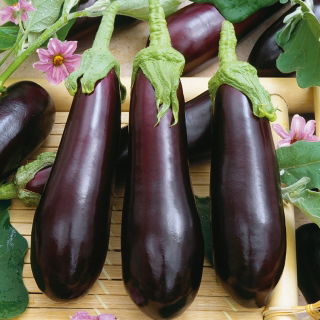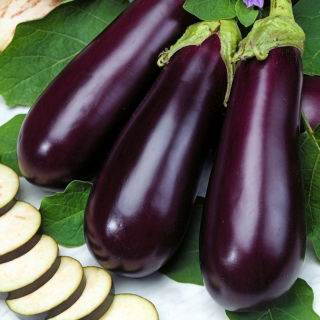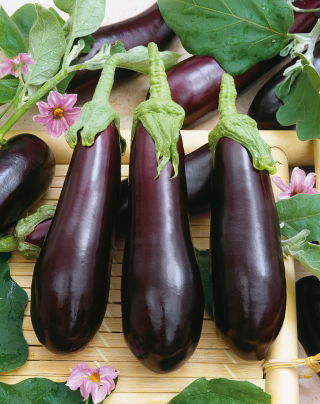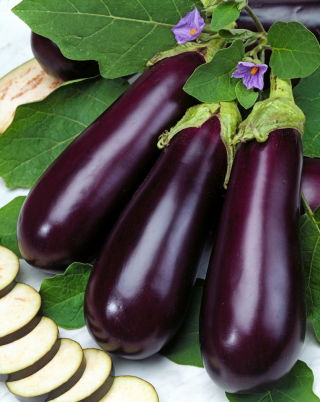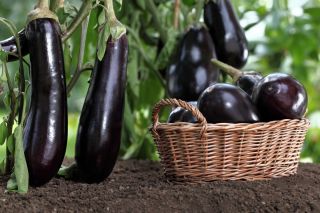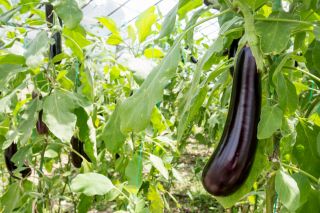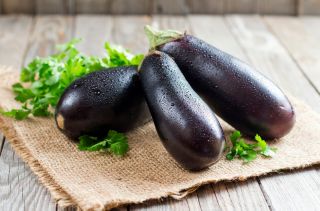- US Dollars ($)
- Euro (€)
- GB Pound (£)
- Chinese Yuan (元)
- Swedish krona (kr)
- Russian ruble (₽)
- Hong Kong dollar (HK$)
- Norwegian krone (kr)
- Indian rupee (₹)
- New Taiwan dollar (NT$)
- Danish krone (kr)
- Hungarian forint (Ft)
- Saudi riyal (SR)
- Bulgarian lev (лв)
- Czech koruna (Kč)
- Israeli shekel (₪)
- Indonesian rupiah (Rp)
- Japanese yen (¥)
- Korean won (₩)
- Malaysian ringgit (RM)
- Romanian leu (leu)
- Swiss franc (Fr.)
- Serbian dinar (din)
- Vietnamese đồng (₫)
- Ukrainian hryvnia (₴)
- Turkish lira (₺)
- Thai baht (฿)
- CAD Dollars ($)
- English
- German - Deutsch
- French - Français
- Spanish - Español
- Italian - Italiano
- Swedish - Svenska
- Russian - Русский
- Norwegian - Norsk
- Danish - Dansk
- Nederlands
- Estonian - Eesti keel
- Finnish - Suomalainen
- Hungarian - Magyar
- Latvian - Latviešu valoda
- Lithuanian - Lietuvių
- Portuguese - Português
- Chinese - 中文
- العربية - Arab-c
- Bulgarian - български
- Czech - Čeština
- Greek - Ελληνικά
- پارسی - Persian
- עברית - Abrit
- Croatian - Hrvatski
- Indonesian - Bahasa Indonesia
- Japan - 日本語
- Korean - 한국어
- Malay - Melayu
- Romanian - Română
- Slovak - Slovák
- Slovenian - Slovenščina
- Serbian - Српски
- Thai - ไทย
- Turkish - Türkçe
- Ukrainian - Українська
- Vietnamese - Tiếng Việt
- Hindi - हिंदी
- Categories
-
Seeds
-
Vegetable Seeds
-
Flower Seeds
-
- Ageratum, Flossflower seeds
- Alyssum seeds
- Amaranth Seeds
- Aquilegia, Columbine seeds
- Aster seeds
- Aubrieta Seeds
- Begonia seeds
- Bellis perennis, Daisy seeds
- Californian Poppy Seeds
- Campanula, Bellflower seeds
- Celosia, Cocksbomb seeds
- Centaurea, Cornflower seeds
- Chrysanthemum, Painted Daisy seeds
- Coleus seeds
- Convolvulus seeds
- Coreopsis seeds
- Cosmos seeds
-
- Datura seeds
- Dianthus, Carnation seeds
- Echinacea, Coneflower seeds
- Flower seed mixtures
- Forget me not seeds
- Foxglove seeds
- Gaillardia Seeds
- Gazania seeds
- Geranium, Pelargonium seeds
- Godetia seeds
- Gourd, Ornamental squash seeds
- Gypsophila, Baby's Breath seeds
- Hollyhock seeds
- Impatiens seeds
- Ipomoea, Morning glory seeds
- Calabash, Bottle Gourd seeds
- Larkspur, Delphinium seeds
-
- Limonium, Statice seeds
- Lobelia seeds
- Lupin, Lupine seeds
- Lychnis, Catchfly seeds
- Mallow Seeds
- Marigold, Tagetes seeds
- Milkweed Seeds
- Nasturtium seeds
- Nemesia seeds
- Nepeta, catmint seeds
- Nicotiana, Ornamental Tobacco seeds
- Nigella, Love in a mist seeds
- Pansy seeds
- Petunia and Surfinia seeds
- Phlox seeds
- Poppy seeds
- Primula, Primrose seeds
-
- Red Valerian, Centranthus Seeds
- Ricinus, Castor bean seeds
- Runner bean seeds
- Safflower seeds
- Salvia, Ornamental sage seeds
- Snapdragon Seeds
- Stock seeds
- Strawflower, Golden everlasting seeds
- Sunflower seeds
- Sweet pea seeds
- Tunbergia, Black-eyed Susan Vine seeds
- Verbascum, Mullein seeds
- Verbena seeds
- Veronica, Speedwell seeds
- Viola, Violet seeds
- Zinnia seeds
-
- Herb Seeds
- Sprouting Seeds
-
Flower Bulbs
-
Garden Equipment
-
At home
- Around home
-
Fertilizers
-
- All-purpose fertilizers
- Autumn and winter fertilizers
- Blueberry fertilizers
- Boxwood fertilizers
- Bulb plants' fertilizers
- Grass and lawn fertilizers
- Citrus plant fertilizers
- Compost
- Conifer fertilizers
- Dolomite and lime fertilizers
- Dry powder fertilizers
- Fertilizers for balcony and terrace plants
- Fertilizers for moss-infected lawns
- Fertilizers in pump sprayers
-
- Fertilizers in watering cans
- Fertilizers sticks
- Fertilizers with leaf shine
- Flowering plant fertilizers
- Fruit fertilizers
- Fruit tree fertilizers
- Garden plant fertilizers
- Gel fertilizers
- Geranium fertilizers
- Green plant fertilizers
- Herb fertilizers
- Home plant fertilizers
- Hydrangea fertilizers
- Lavender fertilizers
-
The Aubergine 'Violetta Lunga 3' is an exceptional variety that will delight any culinary enthusiast. Its elongated fruits, adorned with a deep purple, glossy skin, are not only visually appealing but also serve as an excellent base for various dishes. The flesh of this variety is white-green, firm, and incredibly tender, making it perfect for frying, stewing, roasting, and grilling. Recommended for cultivation both under cover and in open fields, 'Violetta Lunga 3' can successfully become an ornamental addition to any vegetable garden.
Sowing
The Aubergine 'Violetta Lunga 3' thrives best when started from seedlings. Seeds should be sown in moist soil, ensuring adequate air circulation. Regular watering is essential to provide young plants with optimal growth conditions.
Sowing Depth
Aubergine seeds should be planted at a depth of 1-2 cm. This sowing depth ensures proper access to nutrients and moisture, promoting healthy germination.
Sowing Period Under Cover
When should you sow 'Violetta Lunga 3' aubergine seeds under cover? The best time for sowing is from March to April. The plants require stable warm conditions to ensure rapid development during early spring.
Planting Time
The appropriate time for planting seedlings is in May. During this period, the soil temperature is sufficiently high for young plants to establish well and continue their growth outdoors.
Plant Spacing
When planting, maintain a spacing of 50-60x50 cm. This distance allows for the unrestricted development of the root and leaf systems, which is crucial for achieving a bountiful harvest.
Site Conditions
Aubergines prefer sunny locations, well-lit throughout the day. They require fertile, well-drained soil with a pH range of 5.5 to 6.5. It is advisable to prepare the soil by enriching it with compost or well-rotted manure to provide the plants with essential nutrients.
Growing Tips
Aubergines require regular watering, especially during dry periods, but overwatering should be avoided. Appropriate fertilisation, ideally with potassium-rich fertilisers, is recommended. Regular weeding and loosening of the soil around the plants will contribute to better yields.
Harvest Period
The aubergine harvest occurs from August to September. Ripe fruits are characterised by their rich colour and firm skin. They should be picked regularly to encourage further fruiting.
Resistance to Diseases
The 'Violetta Lunga 3' variety shows good resistance to fungal diseases, making it more reliable to cultivate. However, it is important to monitor the plants and take preventive measures if necessary.
Why Buy from Garden Seeds Market
Shopping at Garden Seeds Market guarantees the highest quality seeds, which undergo thorough laboratory testing. Customers appreciate the prompt delivery and professional service that is always ready to assist. The store offers attractive promotions and ensures secure shopping, as evidenced by numerous positive reviews from satisfied customers.
The package contains 1 g of seeds. The packaging provides information on cultivation guidelines and the sowing expiry date.
New


My account
Store
Customer information
Information

© -2025 Gardenseedsmarket.

